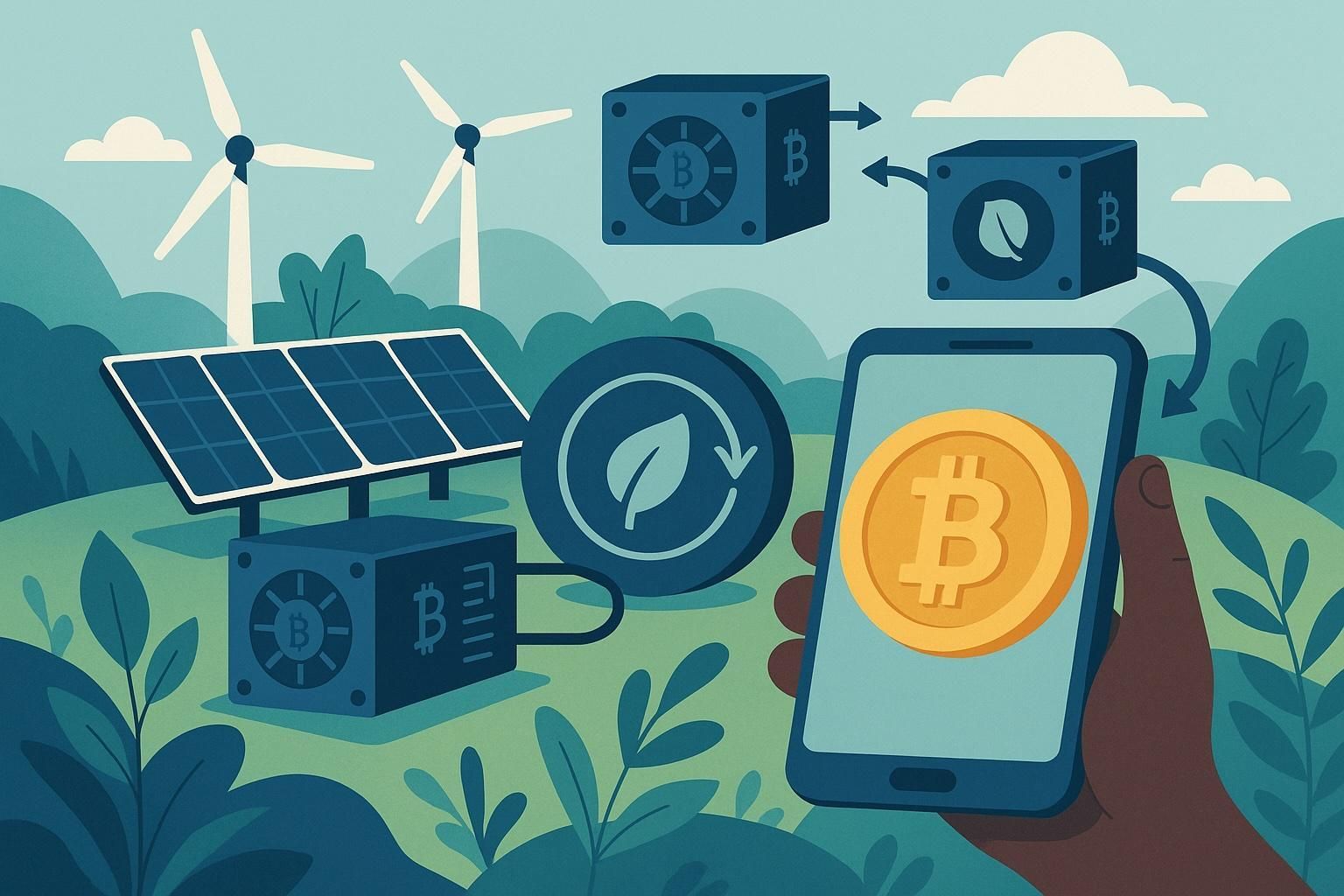
In 2025, the Bitcoin mining industry is increasingly exploring carbon offset tokenization as a means to mitigate its environmental impact. This approach involves converting carbon credits into digital tokens on blockchain platforms, allowing miners to offset their emissions transparently and efficiently.
Tokenized Carbon Credits: A New Frontier
Platforms like KlimaDAO and Moss have pioneered the tokenization of carbon credits. These platforms enable the purchase and retirement of carbon credits through blockchain technology, ensuring verifiable and immutable records of carbon offsetting activities.
Mining Companies Embrace Sustainability
Some mining firms are integrating carbon offset tokenization into their operations. For instance, Marathon Digital Holdings has initiated projects to generate power using excess natural gas, reducing reliance on grid electricity and mitigating environmental impacts by utilizing gas that would otherwise be flared.
Challenges and Considerations
While tokenized carbon credits offer a promising solution, challenges remain. The quality and legitimacy of carbon credits are crucial, as highlighted by concerns over the effectiveness of some offset projects. Additionally, the energy consumption of Bitcoin mining continues to be a topic of debate, with reports indicating significant carbon emissions associated with the process. Read more here.
Regulatory Landscape
Regulatory bodies are beginning to address the environmental impact of cryptocurrency mining. Discussions are underway regarding the implementation of standards and technologies to achieve 100% renewably powered blockchains. Learn more here.
As the industry evolves, the integration of carbon offset tokenization represents a significant step toward sustainable mining practices. By leveraging blockchain technology, miners can enhance transparency and accountability in their efforts to reduce carbon footprints.










